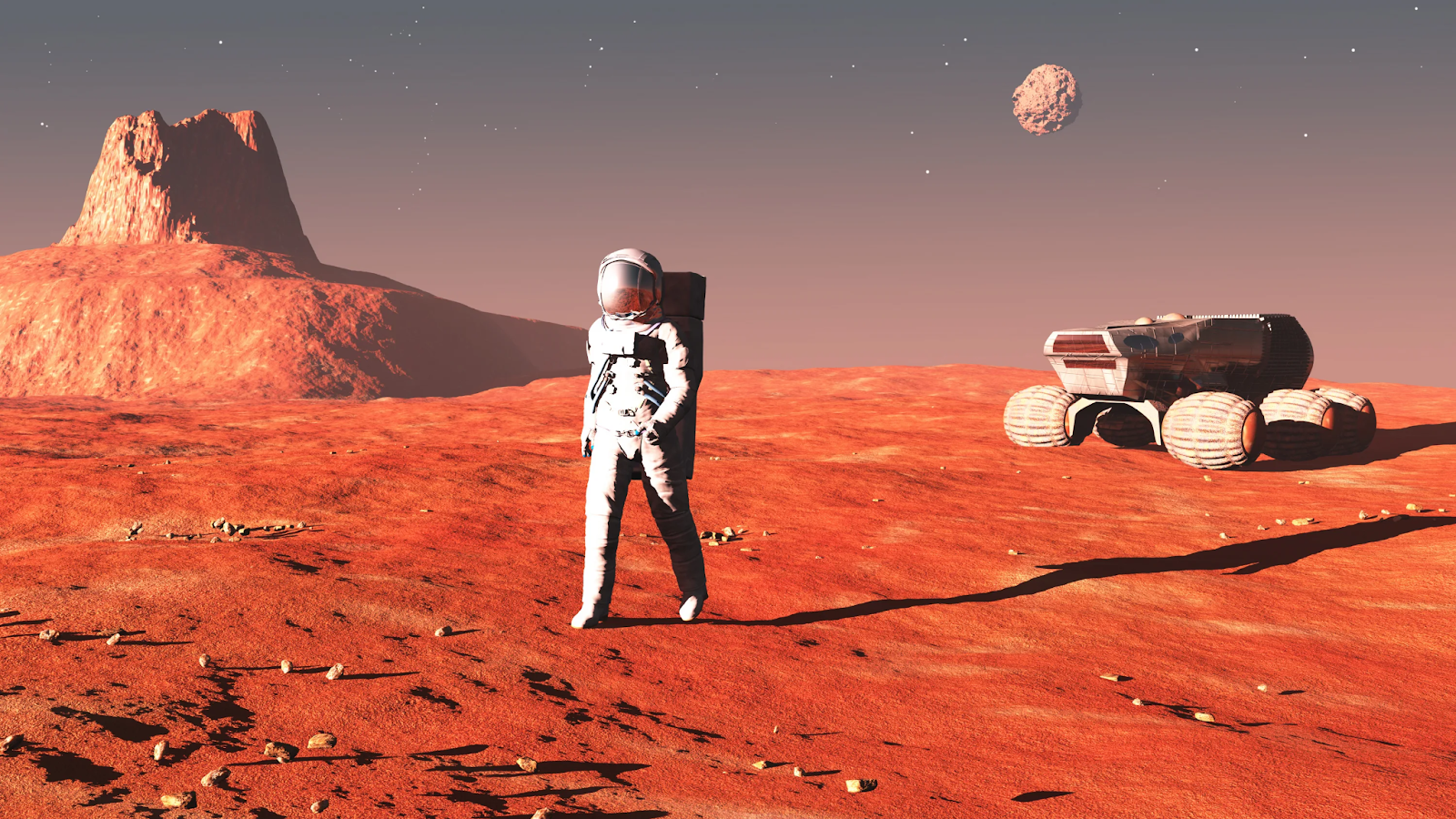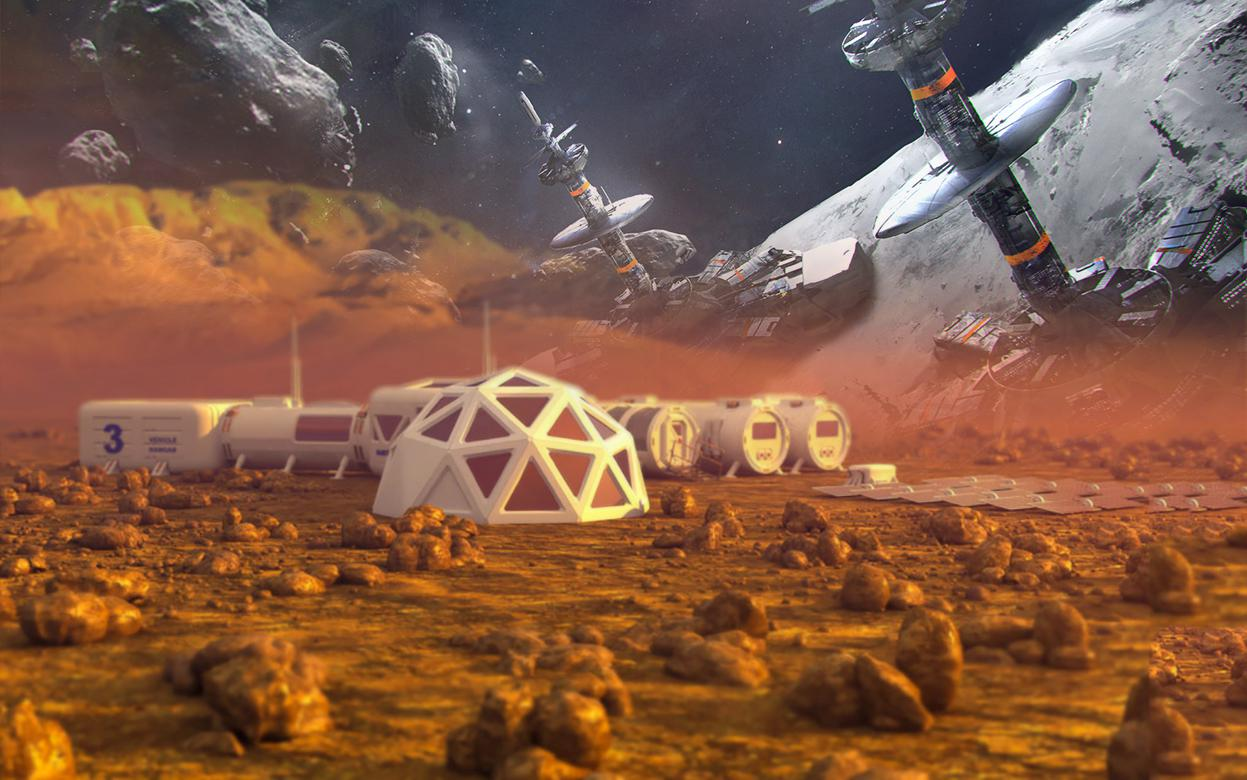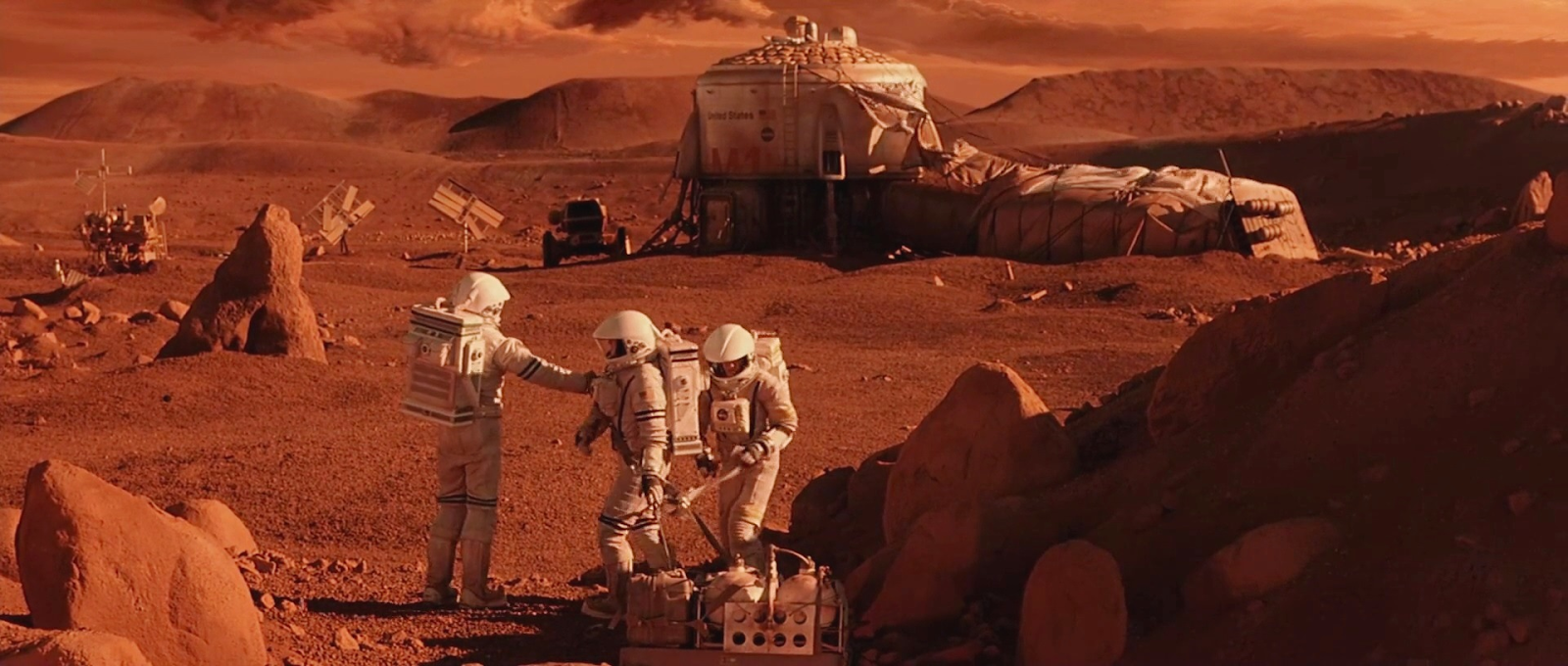Mars has long captured the human imagination. From ancient mythology to cutting-edge space exploration, the Red Planet has been a source of curiosity, wonder, and inspiration. In cinema, Mars serves as a backdrop for thrilling adventures, existential ponderings, and futuristic dreams. This article explores the enduring appeal of Movies Mars from its portrayal in early science fiction to its role in modern blockbusters.
Mars in Myth and Early Fiction

Mars, named after the Roman god of war, has always been a symbol of mystery and potential danger. Early astronomers like Giovanni Schiaparelli fueled speculation about life on the planet by observing what they believed to be canals on its surface. These ideas seeped into fiction, giving rise to works like H.G. Wells’ The War of the Worlds (1898), where Martians invade Earth.
As cinema emerged in the early 20th century, filmmakers quickly latched onto Mars as a compelling subject. Silent films like Aelita: Queen of Mars (1924) offered fantastical visions of Martian societies, blending science fiction with romance and social commentary.
Mars in Mid-Century Cinema

In the 1950s and 1960s, Mars Movies reflected the era’s anxieties and aspirations, particularly the Space Race and Cold War. Films like Red Planet Mars (1952) and The Angry Red Planet (1959) painted Mars as an unknown frontier, ripe for exploration but fraught with potential dangers.
During this time, Mars often represented humanity’s fear of the “other.” Martians were depicted as either menacing invaders or benevolent beings warning Earthlings about their destructive tendencies. These narratives mirrored societal concerns about nuclear war, technology, and the consequences of unchecked ambition.
The Golden Age of Mars Movies: The 1970s to 1990s
The 1970s marked a shift toward more sophisticated portrayals of Mars in cinema, driven by advancements in science and special effects. As humanity began sending robotic probes like Viking 1 to the Martian surface, filmmakers sought to balance fantasy with scientific plausibility.
- Exploration and Survival
Films like Robinson Crusoe on Mars (1964) reimagined classic survival tales in a Martian setting, focusing on human resilience and ingenuity. This theme would later dominate Mars movies. - Alien Life and First Contact
The question of whether life exists on Mars inspired films such as Total Recall (1990), a sci-fi classic based on Philip K. Dick’s story. With its dystopian vision of a colonized Mars, Total Recall blended action with existential questions about memory and identity. - Mars as a Battleground
Movies like Mars Attacks! (1996), a satirical homage to 1950s B-movies, depicted Martians as comically violent antagonists. Its campy tone contrasted sharply with more serious explorations of Mars.
The 21st Century: Mars in Modern Cinema
With advancements in space technology and renewed interest in Mars exploration, modern movies have taken a more nuanced and scientifically grounded approach. NASA’s rover missions and Elon Musk’s aspirations for Mars colonization have shaped how filmmakers imagine the Red Planet.
- Realistic Survival Stories
- The Martian (2015): Based on Andy Weir’s novel, The Martian tells the story of astronaut Mark Watney (played by Matt Damon) stranded on Mars. The film’s attention to scientific accuracy, combined with its uplifting narrative, earned critical and commercial success.
- Films like this emphasize human ingenuity and the collaborative spirit of science.
- Philosophical and Psychological Themes
- Ad Astra (2019): While not exclusively a Mars movie, this film includes significant scenes on the planet, using its barren landscape as a metaphor for isolation and humanity’s search for meaning.
- Mars in these films often represents the outer limits of human ambition and the emotional toll of venturing into the unknown.
- Colonization and Terraforming
- Red Planet (2000) and Mission to Mars (2000): These movies explore the challenges and ethics of making Mars habitable. They often grapple with questions about humanity’s right to reshape another planet.
- Martian Life and Aliens
- Life (2017): Though not set on Mars, this film explores the dangers of encountering alien organisms in Martian soil samples. It reflects ongoing concerns about contamination and unintended consequences of interplanetary exploration.
Recurring Themes in Mars Movies

Mars movies resonate with audiences because they explore universal themes through the lens of an alien world.
- Survival and Adaptation
- The harsh conditions of Mars make it an ideal setting for stories of human survival. These films highlight resilience, resourcefulness, and the will to endure.
- Exploration and Discovery
- Mars symbolizes the human desire to push boundaries and seek answers to fundamental questions about life and existence.
- Environmental and Ethical Concerns
- Many films question humanity’s right to colonize and exploit Mars. They explore parallels between Earth’s environmental challenges and the potential to repeat mistakes on another planet.
- Existential Questions
- Movies like Ad Astra and The Last Days on Mars (2013) delve into the psychological effects of isolation, the search for extraterrestrial life, and humanity’s place in the universe.
Mars in Pop Culture and Beyond
The popularity of Mars movies has influenced broader pop culture, inspiring books, TV shows, and video games. Series like The Expanse and games like Surviving Mars expand on the themes explored in Mars movies, blending science fiction with real-world science.
Mars also holds a special place in the public consciousness due to ongoing space missions. Films like The Martian benefit from the public’s familiarity with rovers like Curiosity and Perseverance, making the stories feel more immediate and relevant.
The Future of Mars in Movies

As humanity inches closer to actual Mars exploration, future movies are likely to reflect these advancements. Potential themes include:
- First Human Missions
- Films could dramatize the challenges of sending humans to Mars, from the journey itself to the complexities of establishing a sustainable presence.
- Interplanetary Conflict
- As we envision colonizing Mars, stories might explore conflicts between Earth and Mars settlers or competing nations vying for control of Martian resources.
- The Search for Martian Life
- Discoveries made by space agencies could inspire realistic depictions of alien life, whether microbial or intelligent.
- Post-Colonization Societies
- Movies may imagine fully developed Martian civilizations, grappling with issues like governance, culture, and the impact of long-term isolation from Earth.
Conclusion: Why Mars Matters in Cinema
Movies Mars encapsulate our hopes, fears, and questions about the future. They reflect our enduring fascination with exploration, the unknown, and the possibility of life beyond Earth. As science brings us closer to understanding the Red Planet, cinema will undoubtedly continue to explore its mysteries, blending fact and fiction to inspire audiences worldwide.
Mars is more than just a backdrop in these stories—it is a canvas for human ambition, resilience, and imagination. From the whimsical invasions of Mars Attacks! to the scientific rigor of The Martian, movies Mars remind us that the quest to explore the universe begins with our ability to dream.


